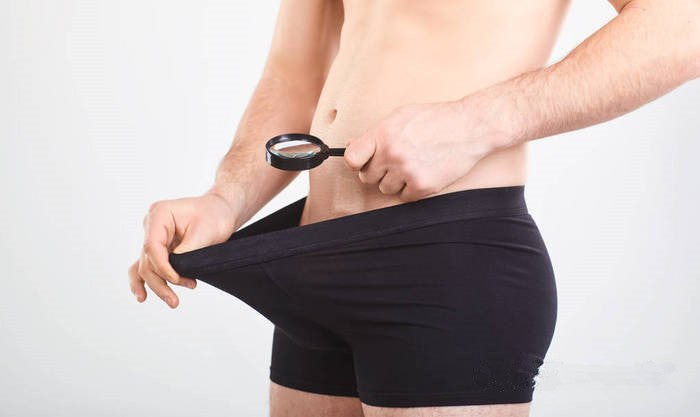Jelqing, a term that often raises eyebrows and sparks curiosity, is a controversial practice associated with claims of male enhancement. As we delve into the realms of this technique, it's crucial to explore the history, methods, and the ongoing debate surrounding its efficacy and safety.
Jelqing is a manual stretching exercise often purported to increase the size of the penis. Originating from the Middle East, it's been practiced for centuries and has garnered attention as an alternative method for men seeking non-invasive ways to potentially enhance their sexual well-being.
The technique involves rhythmic, gentle massaging or stretching of the penis, typically after a warm-up routine. Advocates claim that this promotes blood flow, expands tissue, and may contribute to increased size over time. However, it's important to note that there is limited scientific evidence to support these assertions.
The Emotional Aspect:
While the physical aspects of jelqing are often discussed, the emotional nuances of this practice are equally significant. For many, engaging in such exercises may stem from a desire for increased confidence, a sense of control over one's body, or an attempt to navigate societal expectations. It becomes a personal journey, with individuals seeking not only physical changes but also a deeper connection with their own masculinity.
The Controversy:
Jelqing remains a subject of controversy within medical and scientific communities. Skeptics argue that the potential risks, such as injury or damage to penile tissues, outweigh any purported benefits. The lack of robust scientific studies on the efficacy and safety of jelqing adds to the skepticism.
Safety Concerns:
While some men claim positive experiences with jelqing, caution is essential. Incorrect technique, excessive force, or overzealous attempts to see rapid results may lead to injuries. It is crucial for individuals considering such practices to consult with healthcare professionals and approach these exercises with prudence.
Alternative Perspectives:
Amidst the skepticism, some experts propose a nuanced view. They emphasize the need for more research to understand the potential benefits and risks comprehensively. Additionally, they advocate for an open dialogue around men's health, including discussions on body image, self-esteem, and societal expectations.
Jelqing, with its ancient roots and modern controversies, remains a subject of intrigue and debate. As individuals explore this practice, it is paramount to approach it with a balanced perspective, acknowledging both the physical and emotional aspects.
The quest for self-improvement and well-being is a personal journey, and as we navigate these realms, open conversations, informed decisions, and a holistic approach to men's health should take precedence.



